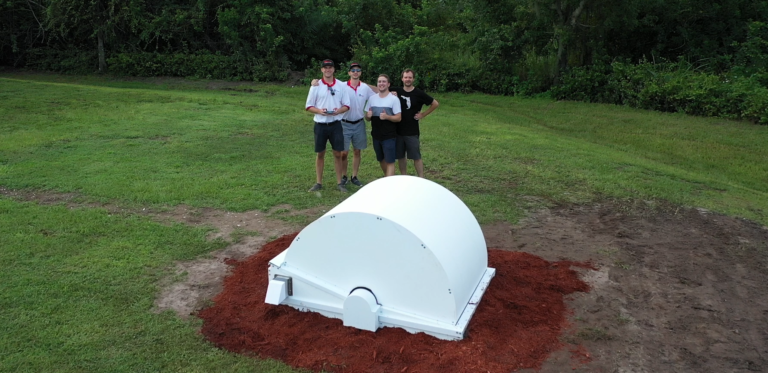I was starting to watch a documentary on Netflix called “Minimalism: A Documentary About the Important Things” when my heart began to sink. What is going on with the world? Are we just robots responding by instinct to shiny, colorful commercials, working ourselves to death to afford things we really don’t even want?
After a few days of introspection, I realized that many of the goals of minimalism (as put forth by “The Minimalists,” the guys behind the documentary) align with my own hopes for the Internet of Things:
- Reclaim our time
- Live in the moment
- Pursue our passions
- Discover our missions
- Focus on our health
- Grow as individuals
There are a few more that don’t necessarily sit perfectly within the Internet of Things, like the goal of “consuming less.” Ultimately, the Internet of Things will help reduce our consumption of electricity and fuel, but at the end of the day you need to buy some sort of sensor and internet-connected device to get those savings.
I’ve also been listening to the book “Enchanted Objects” by David Rose, in which he offers a future that completely aligns with minimalist values. He envisions the current state of the Internet of Things like that of electricity near the turn of the century, it was considered a novelty and many questions were raised. Should we use AC or DC? What voltage should we use? What should the wires be made of and covered with? Can we use over-the-air electricity transmission, or even through the ground? What can we do with it, what should lightbulb filaments be made from, how do we easily add and remove lightbulbs, what should sockets look like?
As we know, we figured these problems out and now you rarely think about electricity. Everything just works.
David Rose imagines that this is the future that ubiquitous computing promises. The Minimalists have no problem plugging in their single phones into the sockets, or turning on their maybe one or two lamps. As time goes by, the “internet” of the “Internet of Things” will recede into the background and just be another part of our lives. Even if you buy less “stuff,” the stuff you do have will still be connected and still enriching your life in ways that now seem like magic. The lightbulbs will know when to come on, and communicate the information you want when you want it. You and your friends can cook together, and the instruction to chop the onions will come as soon as you’ve put the olive oil in the pan.
We’re still in the early stages on the road to that future, but it’s coming all the more. In these early days of IoT, things seem a little awkward. Pulling out your phone to set stuff up, plugging in a few hubs for a few different systems, looking up whether one thing is compatible with another. We will work through these teething pains and come out the other side. That’s the future legacy of ubiquitous computing: the complexity of the machine will be abstracted, and you gain all of the benefits without ever seeing it.
Minimalism and IoT can work together in perfect harmony.
